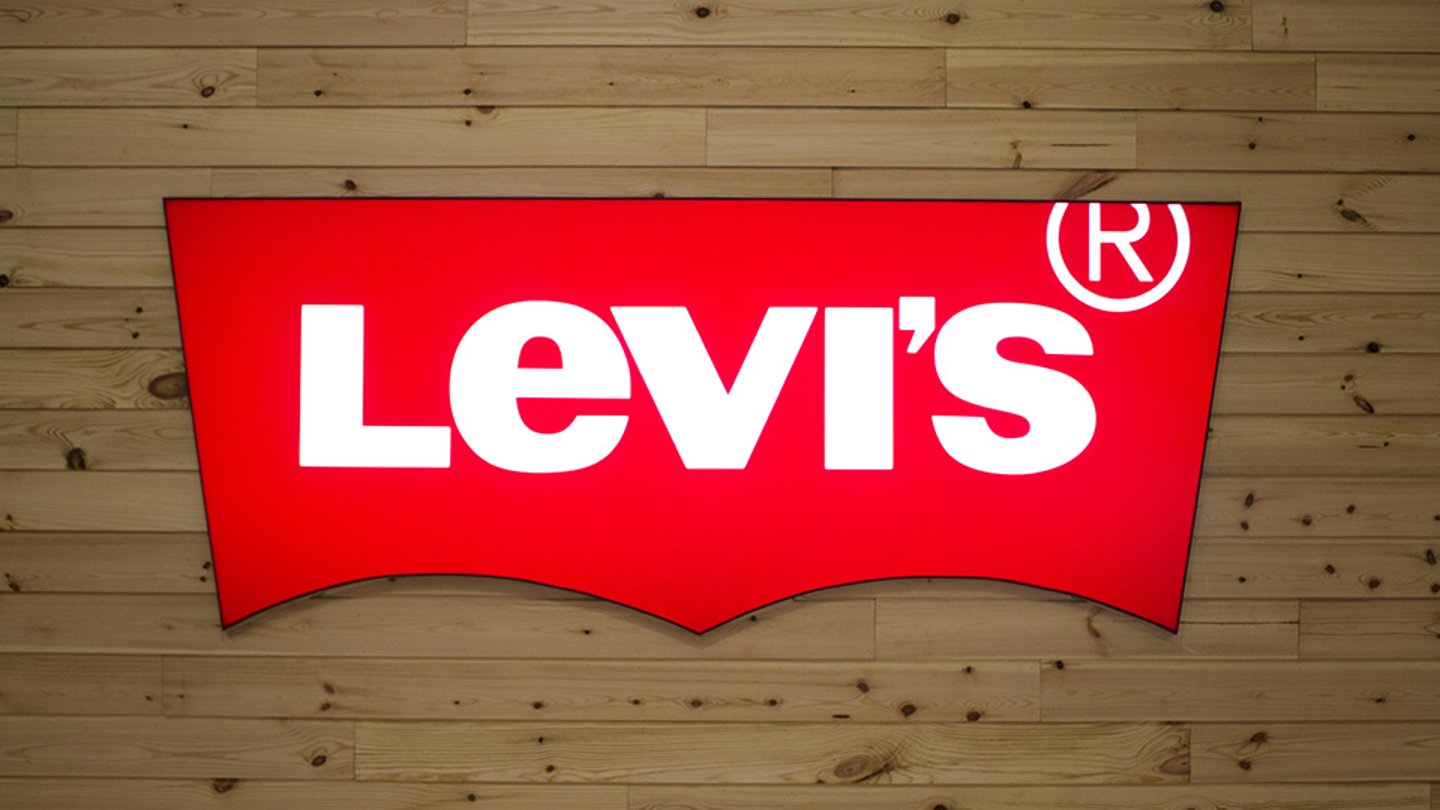Levi’s Moving to Hybrid Logistics Model
Levi’s is evolving its distribution and logistics to a hybrid model that uses both its owned network and third-party providers.
The company primarily operates its own network in the United States and Europe. The new model will tap into third-party capital to free up resources so Levi’s can reduce fulfillment costs and continue investing in direct-to-consumer.
“As we continue our pivot to a DTC-first company, our distribution networks need investment, including upgrading existing capacity with omnichannel capabilities,” said Harmit Singh, chief financial and growth officer, during an earnings call last week.
Levi’s will operate the new and old facilities in parallel for the rest of the year, Singh said.
The company is also simplifying operations and streamlining its go-to-market calendar by reducing SKUs by at least 15%, Levi’s president/CEO Michelle Gass shared.
“As we shorten our timelines and operate with a tighter assortment, we will see a number of benefits, including responding faster to consumer trends and enhancing our overall efficiency as a DTC-driven organization,” she noted.
Levi’s DTC Pivot
Direct-to-consumer is a key priority for the apparel company as it seeks to alleviate wholesale softness, and enhancing operational and supply chain flexibility will be key for success. DTC revenue grew 11% globally in Q2, and 16% in the Americas, propelled by strong growth in both e-commerce and brick-and-mortar.
Levi’s also picked up nearly 2 million members for its loyalty program in the quarter, bringing the total of global members to 36 million.
Though the company’s DTC focus is indeed helping offset wholesale declines — challenges faced by much of the apparel industry — Levi’s says it remains committed to the channel and is seeing improvements thanks to healthier inventory levels and supply chain advancements.
“U.S.'s wholesale is a lot more profitable today than it was a year ago,” Gass stressed.






